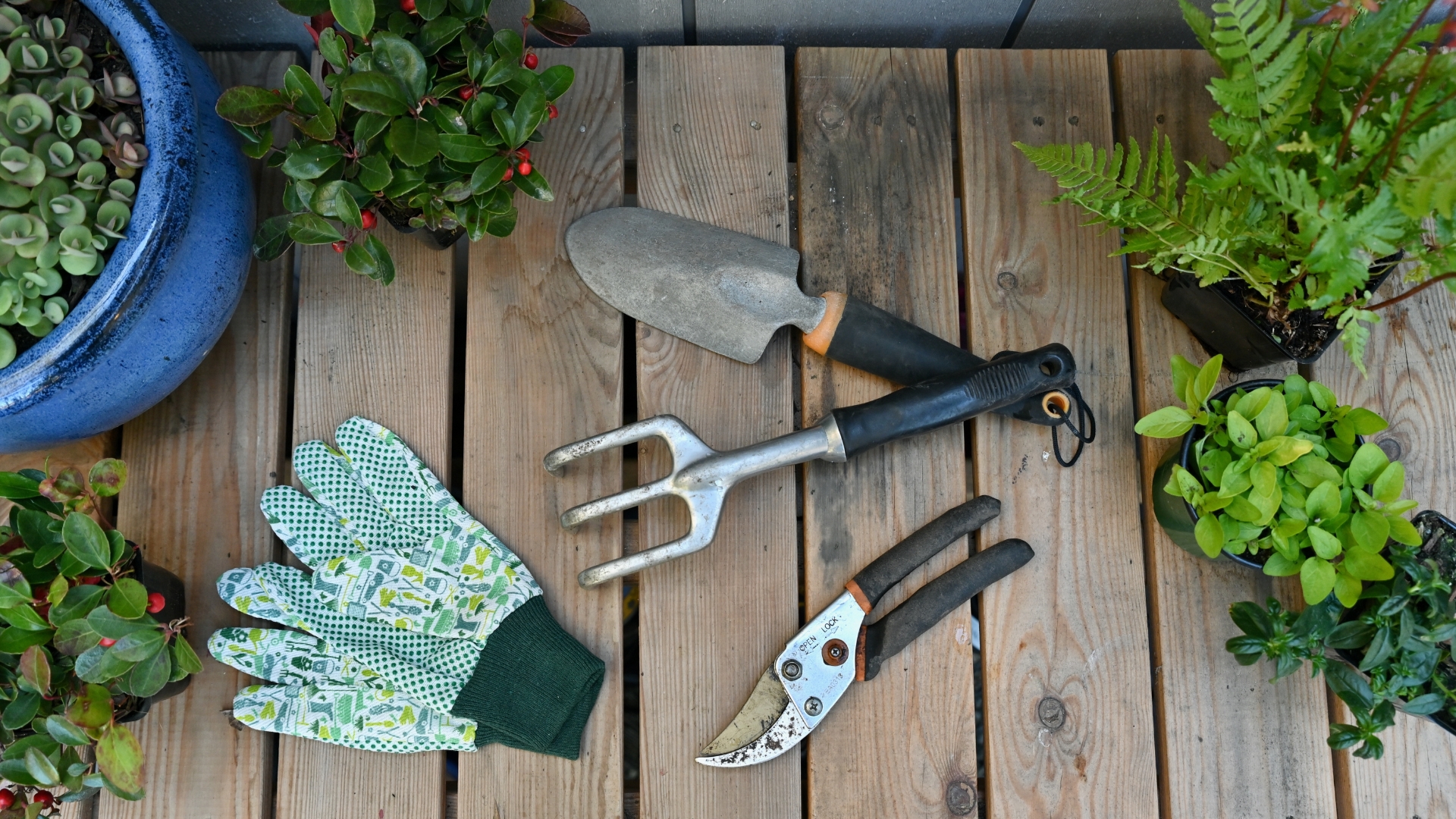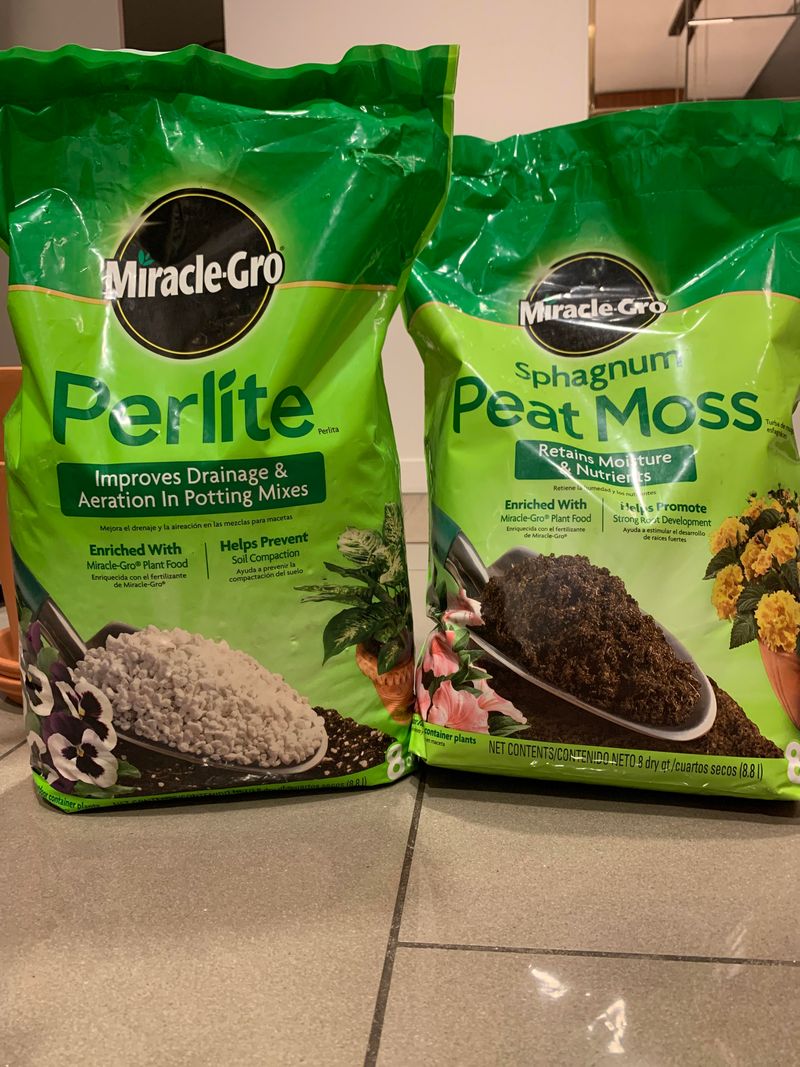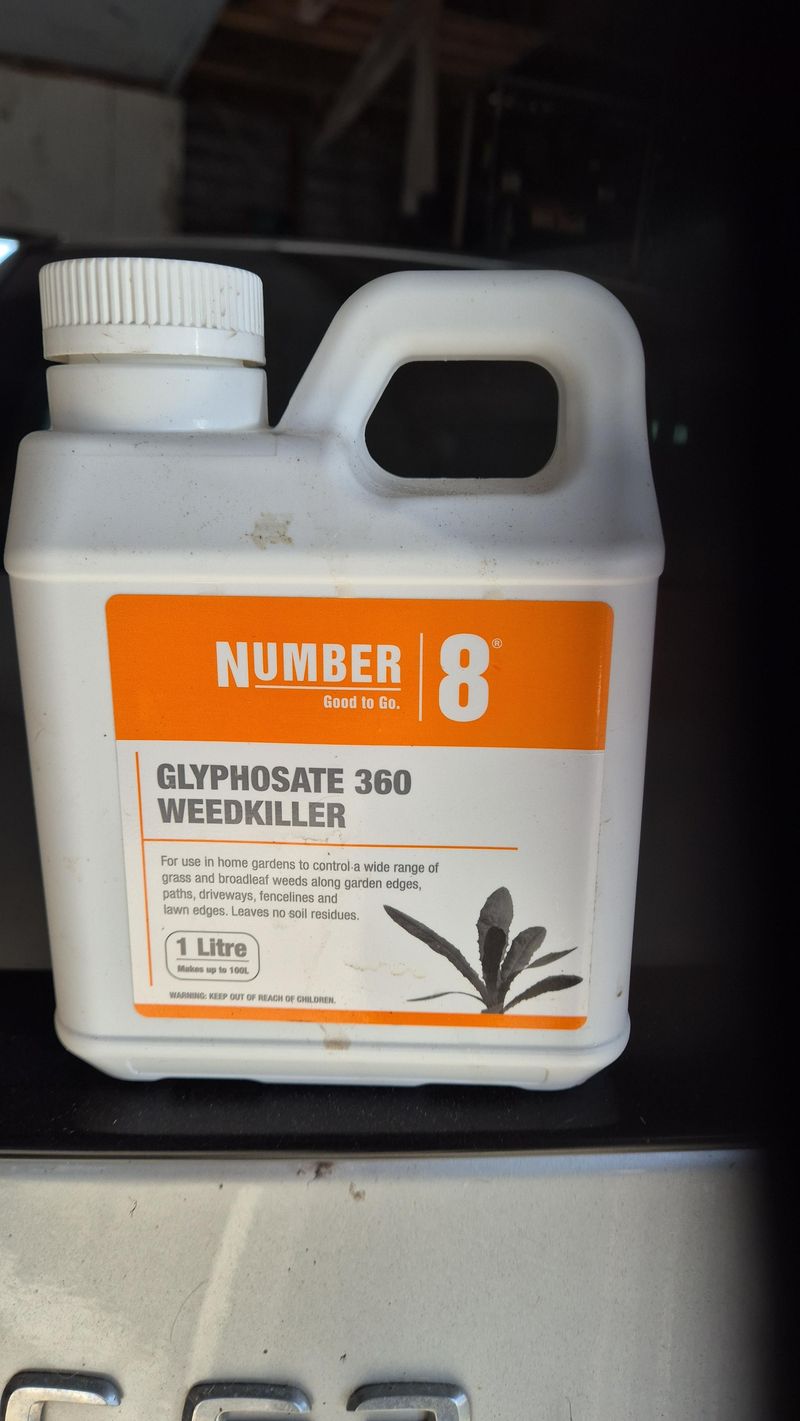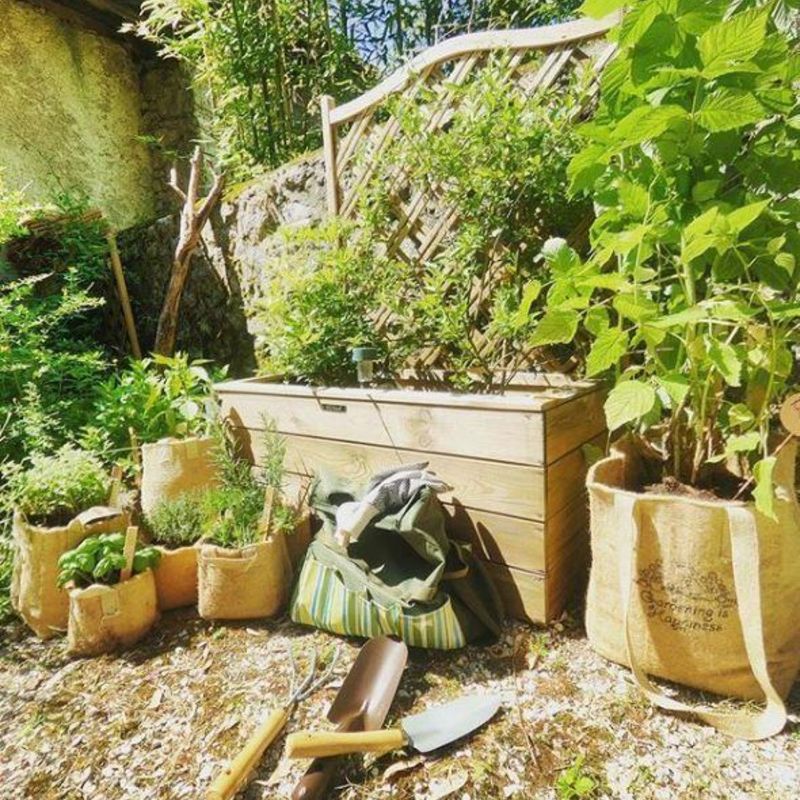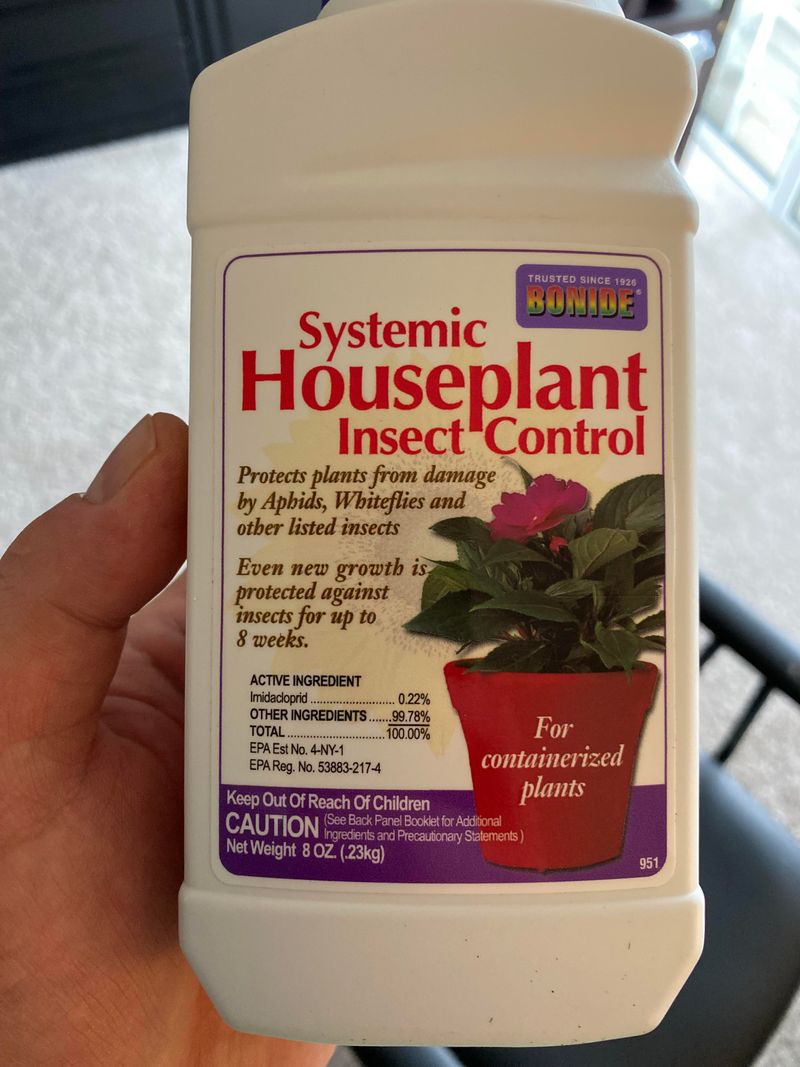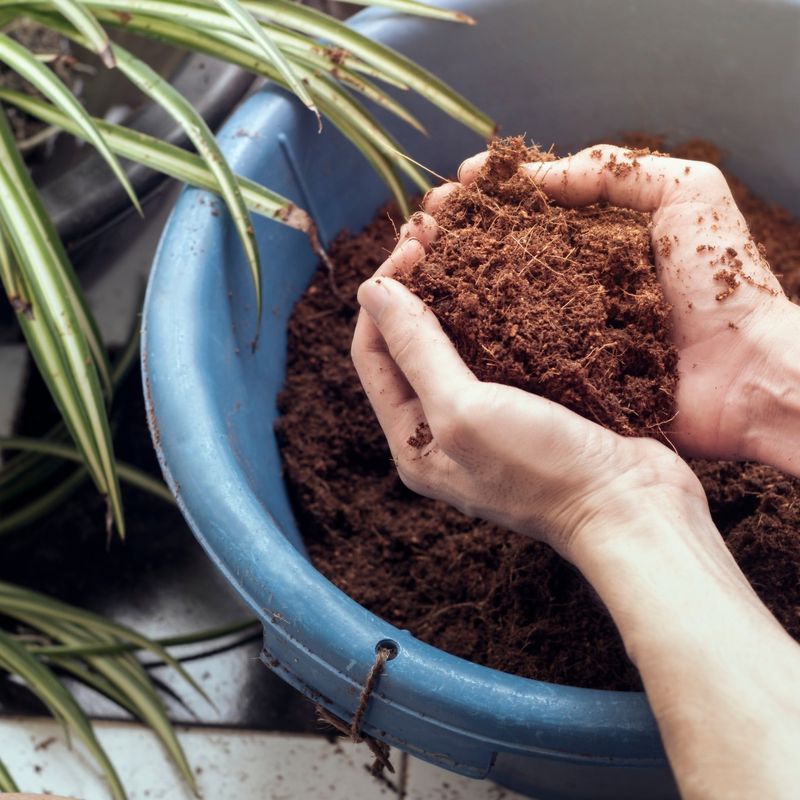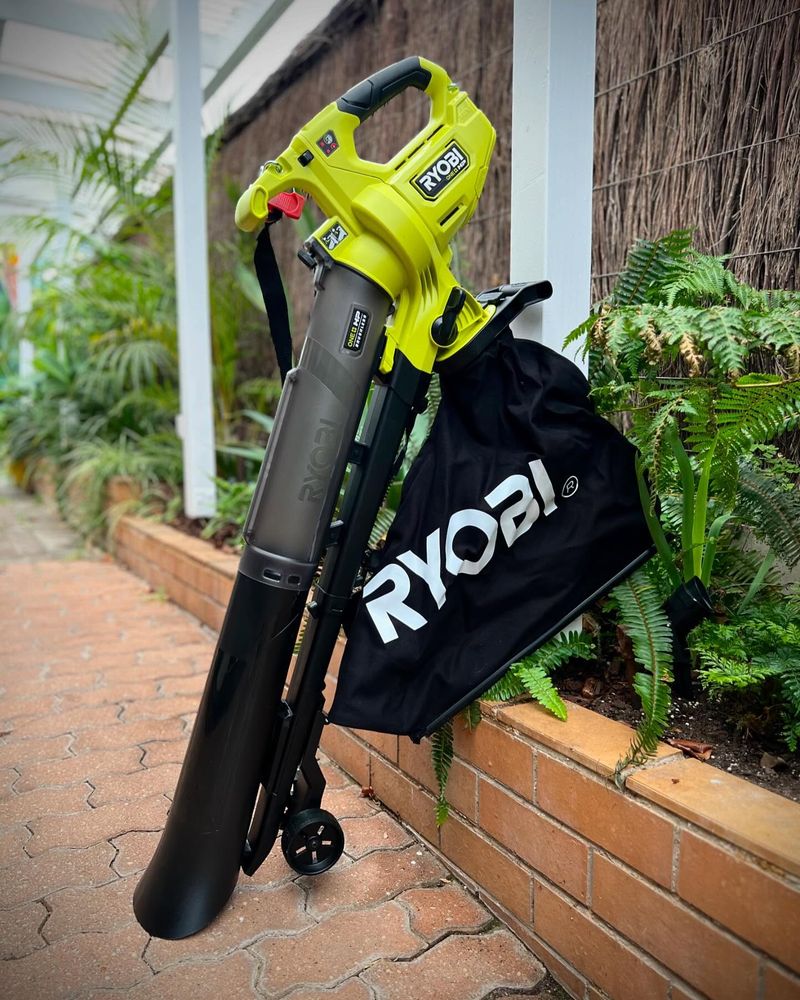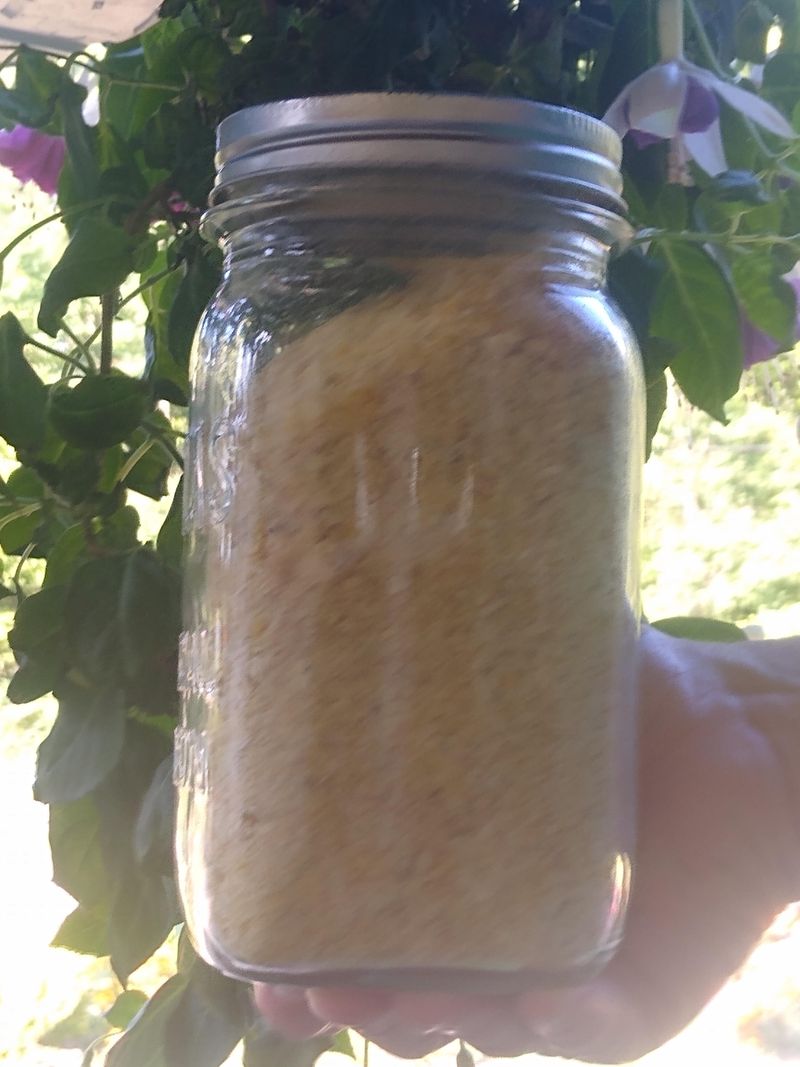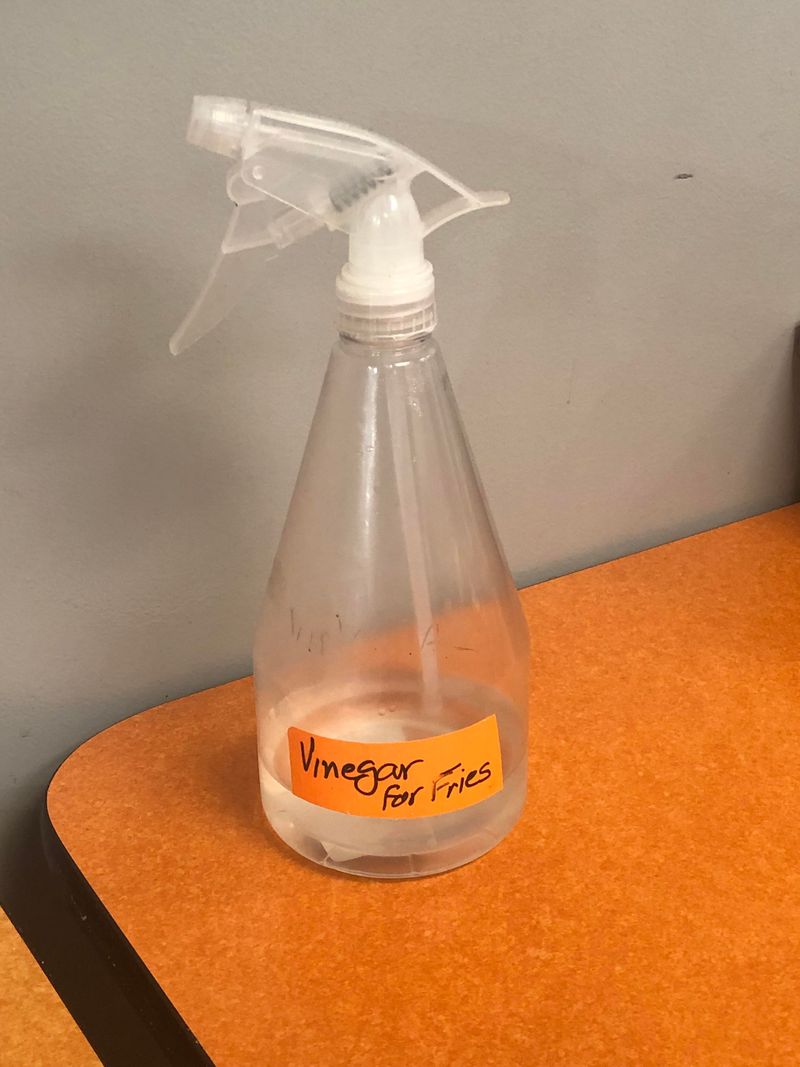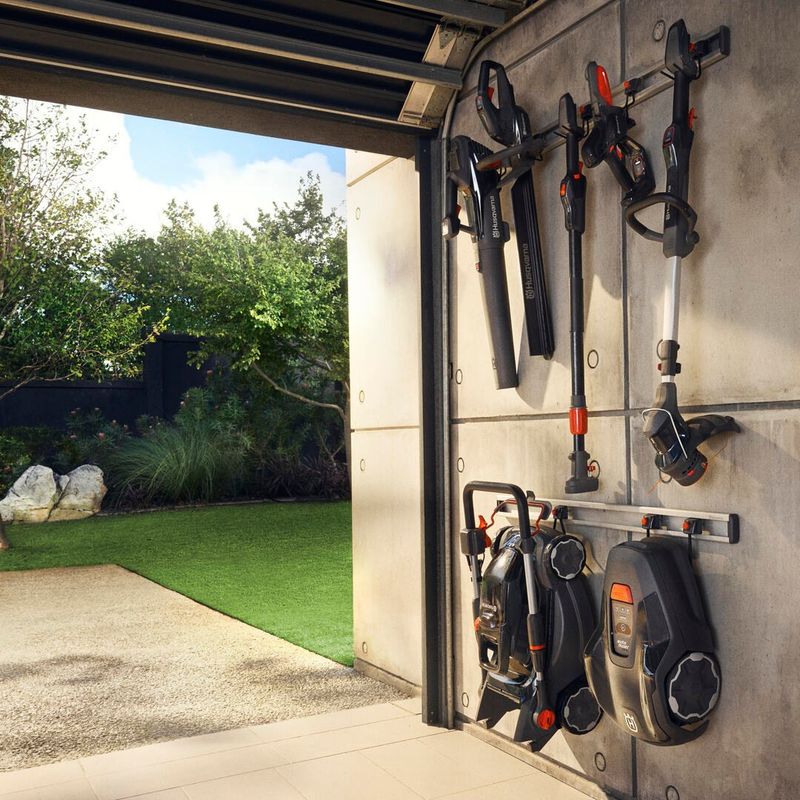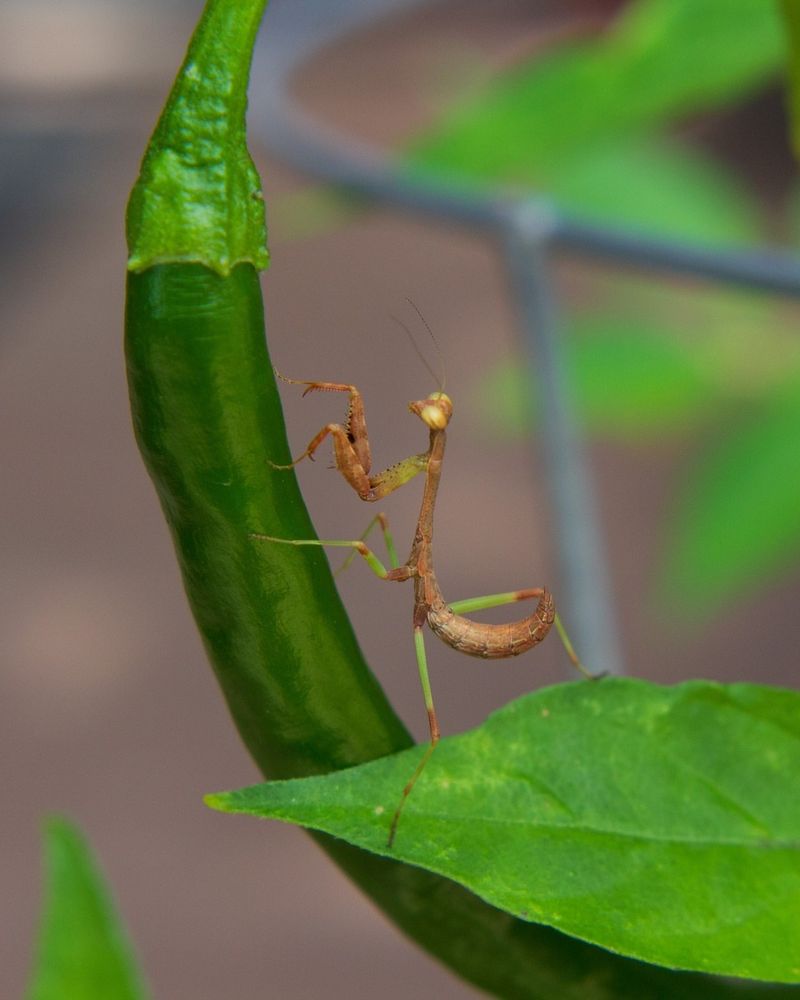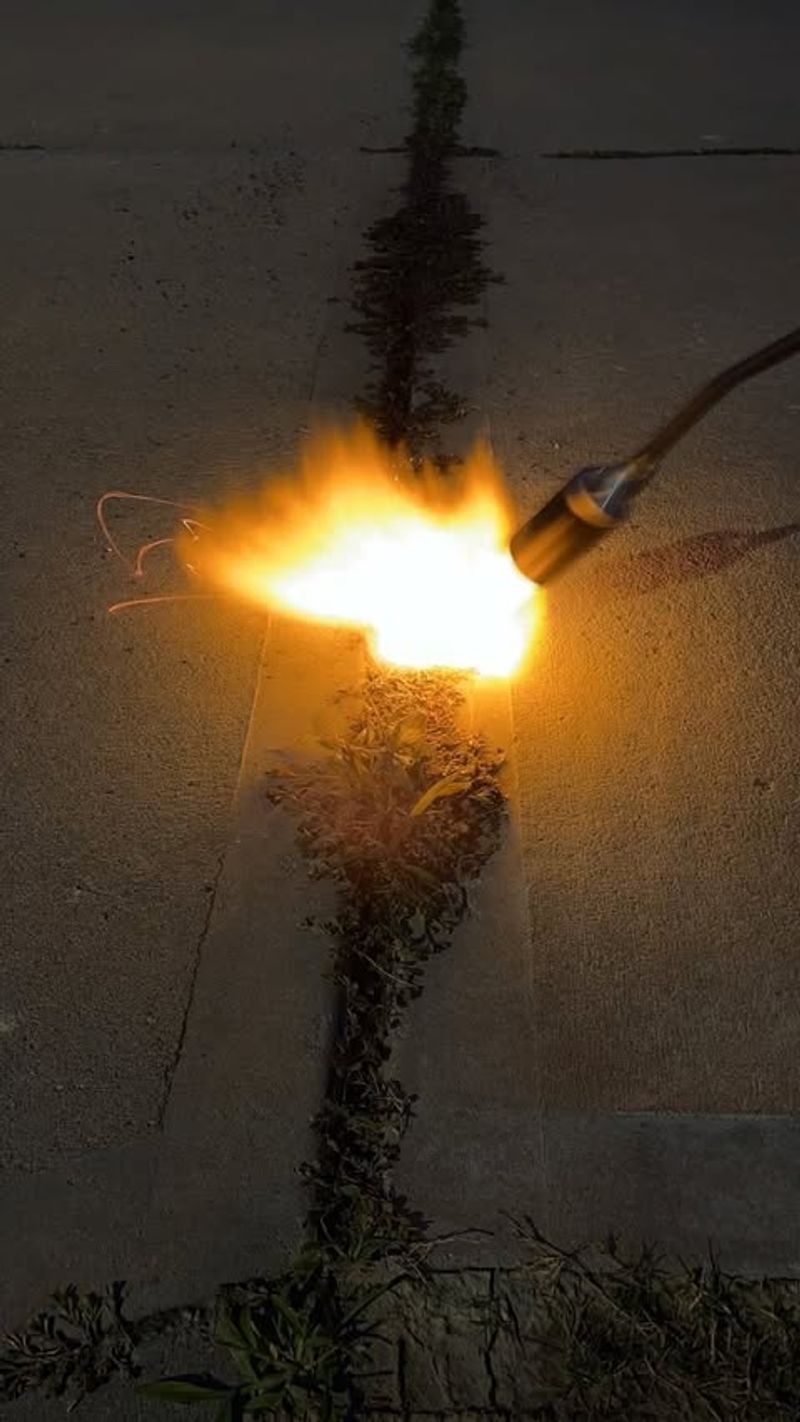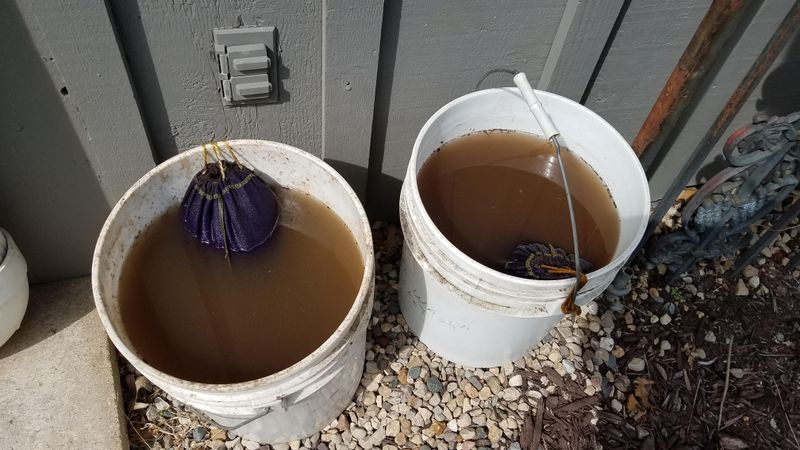Have you ever reached for your go-to gardening tool and wondered if it’s even legal anymore? Surprisingly, a few everyday gadgets might be on the chopping block soon—but don’t worry, I’ve got some great swaps lined up.
I use these tools almost every day in my garden, so I know firsthand how handy they are. But with new regulations coming, it’s smart to get ahead of the curve.
Stick around for some perfect-for-your-garden alternatives that work just as well (or better)!
1. Gas-Powered Leaf Blowers
Several states are already phasing out these noisy backyard helpers due to their excessive pollution. A single gas blower can emit more pollutants than a car driven for hundreds of miles!
California has banned new sales starting 2024, with other states following suit. The combination of noise pollution, emissions, and wildlife disruption has put these tools squarely in regulators’ crosshairs.
2. Peat-Based Potting Soils
Harvesting peat destroys critical carbon-capturing bogs that took thousands of years to form. The UK has already announced a retail ban starting in 2024, and American regulations may follow.
Peat bogs store twice as much carbon as forests worldwide. When gardeners use peat-based products, they’re unwittingly contributing to habitat destruction and climate change that lawmakers are increasingly targeting.
3. Chemical Weed Killers With Glyphosate
The active ingredient in popular weed killers faces mounting bans worldwide. These products have been linked to cancer and widespread environmental contamination that persists for years.
Many communities already prohibit these chemicals on public property. Lawsuits against manufacturers continue piling up, pushing legislators toward stricter regulations that could remove these products from home gardeners’ toolsheds permanently.
4. Plastic Plant Pots
Single-use plastic pots rarely get recycled and create mountains of waste. Many decompose into microplastics that contaminate soil and water for centuries.
The European Union is implementing plastic reduction laws affecting garden centers, and similar regulations are being considered in North America. The days of the ubiquitous black plastic pot may be numbered as sustainable alternatives gain momentum.
5. Neonicotinoid Pesticides
These common insecticides are devastating bee populations worldwide. The chemicals remain in plant tissues, soil, and water for years, creating lasting environmental damage.
The EU has already banned outdoor use of major neonicotinoids. Several US states have restricted their use, with federal legislation likely following as research continues to reveal their harmful impacts on essential pollinators.
6. Coconut Coir
Made from coconut husks, this sustainable peat alternative retains moisture excellently while being renewable. It’s pH neutral and doesn’t compact over time, allowing roots to develop freely.
Simply rehydrate the compressed brick with water before using. Coir breaks down naturally after use and can be composted, making it a truly circular gardening product that environmentally-conscious gardeners are embracing.
7. Electric Leaf Vacuum
These quiet alternatives to gas blowers run on rechargeable batteries or corded power. Modern versions offer impressive suction while creating far less noise pollution in neighborhoods.
Many models include mulching features that shred leaves into perfect compost material. The transition is painless – today’s battery technology provides enough runtime for most residential properties without the emissions or maintenance headaches.
8. Corn Gluten Meal
This natural byproduct of corn processing prevents weed seeds from germinating while adding nitrogen to your soil. Apply it early in the season before weeds emerge for best results.
Unlike chemical herbicides, it’s completely safe for people, pets, and beneficial insects. The yellow powder breaks down naturally, improving soil structure while creating an inhospitable environment for unwanted seedlings without harsh chemicals.
9. Biodegradable Seed Pots
Made from compressed paper, coconut fiber, or even cow manure, these pots break down naturally in soil. Plant seedlings directly without disturbing delicate root systems or creating plastic waste.
They’re perfect for starting vegetables that dislike root disturbance. As they decompose, these pots add organic matter to your garden, improving soil structure while eliminating the environmental impact of traditional plastic containers.
10. Vinegar-Based Weed Sprays
Household vinegar mixed with salt and dish soap creates an effective spot treatment for unwanted plants. The acetic acid burns foliage on contact without leaving harmful residues.
Apply on sunny days for maximum effectiveness. While not as persistent as chemical alternatives, this solution kills most annual weeds without introducing toxins to your garden ecosystem or risking future regulatory problems.
11. Battery-Powered Garden Tools
Modern lithium-ion technology has revolutionized cordless tools. Today’s battery-powered trimmers, mowers, and cultivators offer performance rivaling gas models without the emissions or noise.
Many manufacturers now offer interchangeable batteries across their product lines. This creates an economical ecosystem where one battery powers multiple tools, making the switch from gas to electric more affordable and practical for everyday gardening tasks.
12. Beneficial Insects
Ladybugs, praying mantises, and parasitic wasps naturally control garden pests without chemicals. These tiny helpers target specific problem insects while leaving beneficial species unharmed.
Release purchased insects at dusk when they’re less likely to fly away. Creating diverse plantings that provide habitat will help these natural predators establish permanent populations, providing ongoing pest control without the regulatory concerns of chemical insecticides.
13. Fabric Grow Bags
These flexible containers promote healthier root systems through air pruning. When roots reach the fabric edges, they’re naturally trimmed by air exposure, preventing circling and encouraging dense, fibrous growth.
Available in various sizes, they’re perfect for patios or balconies. The porous material improves drainage while insulating against temperature extremes, creating ideal growing conditions without the environmental impact of plastic containers.
14. Thermal Weed Control
Flameless infrared weeders use intense heat to burst plant cell walls without open flames. This technique effectively kills weeds without disturbing soil or dormant weed seeds.
Electric models eliminate the propane tanks required by older flamers. The technology works especially well on driveways and sidewalk cracks where chemical treatments might wash into waterways, offering a clean solution for areas where runoff is a concern.
15. Compost Tea
This nutrient-rich liquid fertilizer is made by steeping finished compost in water. The resulting brew contains beneficial microorganisms that improve soil health and plant immunity naturally.
Apply as a foliar spray or soil drench every few weeks. Unlike synthetic fertilizers that may face increasing regulations, compost tea strengthens plants against disease while building soil biology, creating gardens that need fewer interventions of any kind.

